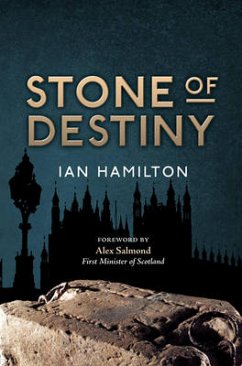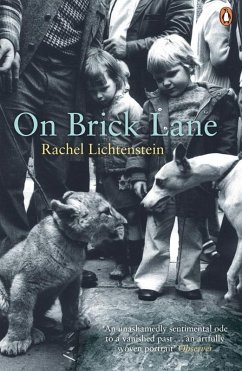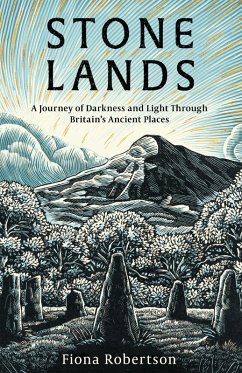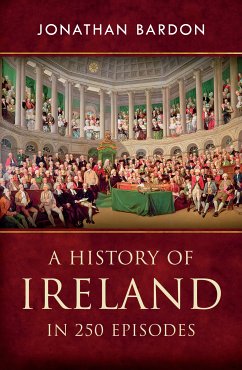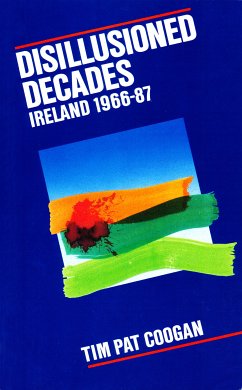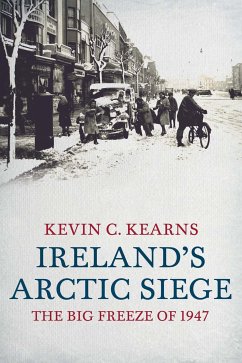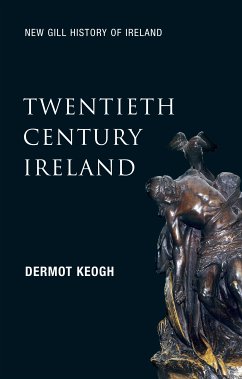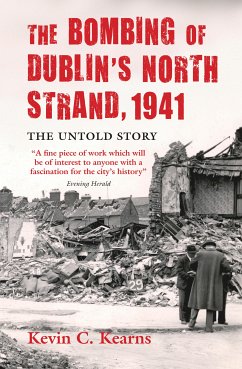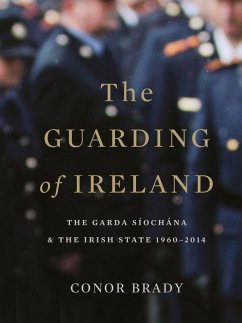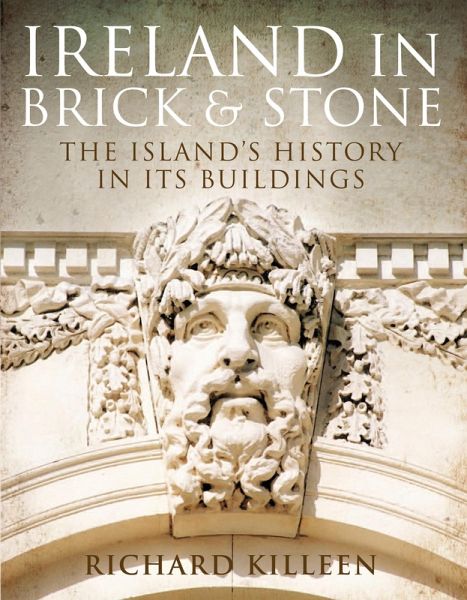
Ireland in Brick and Stone (eBook, ePUB)
The Island's History in Its Buildings

PAYBACK Punkte
0 °P sammeln!
Ireland in Brick and Stone takes 50 buildings and other man-made constructions from different parts of Ireland and uses them to illustrate the history of the island over 1,500 years. All but three of the buildings are still surviving and they offer us a very personal way into history by teasing out the context in which each building was constructed, the uses to which it was put and the people associated with it. For example, Rockfleet Castle is a tower house in Co. Mayo, typical of a kind of building from the late medieval period to be found all over Ireland. It was a stronghold of the Burkes ...
Ireland in Brick and Stone takes 50 buildings and other man-made constructions from different parts of Ireland and uses them to illustrate the history of the island over 1,500 years. All but three of the buildings are still surviving and they offer us a very personal way into history by teasing out the context in which each building was constructed, the uses to which it was put and the people associated with it. For example, Rockfleet Castle is a tower house in Co. Mayo, typical of a kind of building from the late medieval period to be found all over Ireland. It was a stronghold of the Burkes of Mayo, into which family Grace O'Malley - otherwise known as Granuaile - married in the 1540s. Ireland in Brick and Stone says very little about the castle itself but uses it as a chance to discuss the Burkes and other Norman settlers in late medieval Connacht, as well as the story of Granuaile herself. Another example from more modern times is the small Marian Shrine in the Liberties in Dublin, built for the centenary of Catholic Emancipation in 1929. It is used as a starting point to describe religious devotion and the power of the Catholic Church in twentieth-century Ireland. Other buildings in the book include Robinson & Cleaver's department store in Belfast; the English Market in Cork; Pearse's cottage in Connemara and Newtown Pery in Limerick. Liberally illustrated with evocative photographs this is a quirky and accessible take on Irish history.
Dieser Download kann aus rechtlichen Gründen nur mit Rechnungsadresse in A, B, BG, CY, CZ, D, DK, EW, E, FIN, F, GR, H, IRL, I, LT, L, LR, M, NL, PL, P, R, S, SLO, SK ausgeliefert werden.




